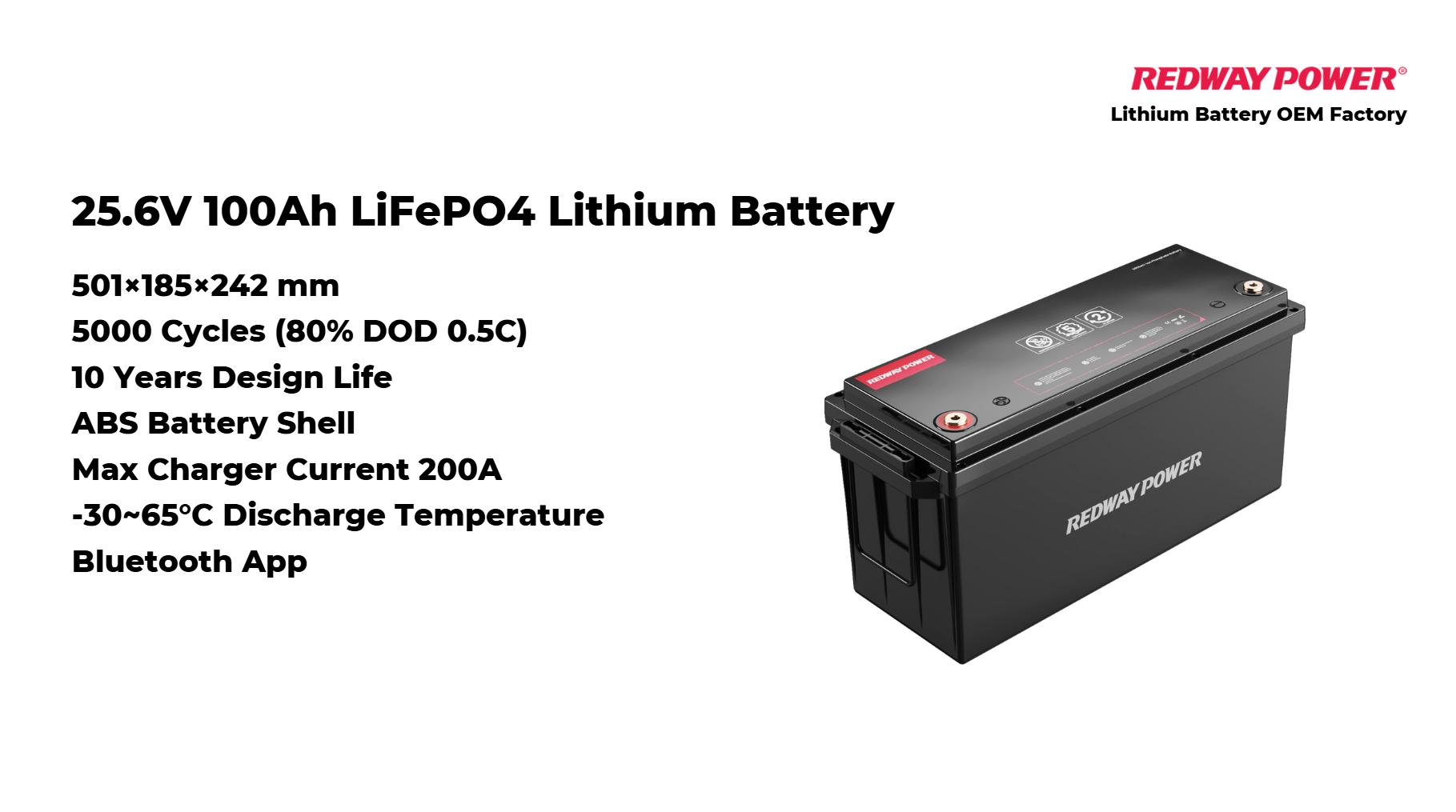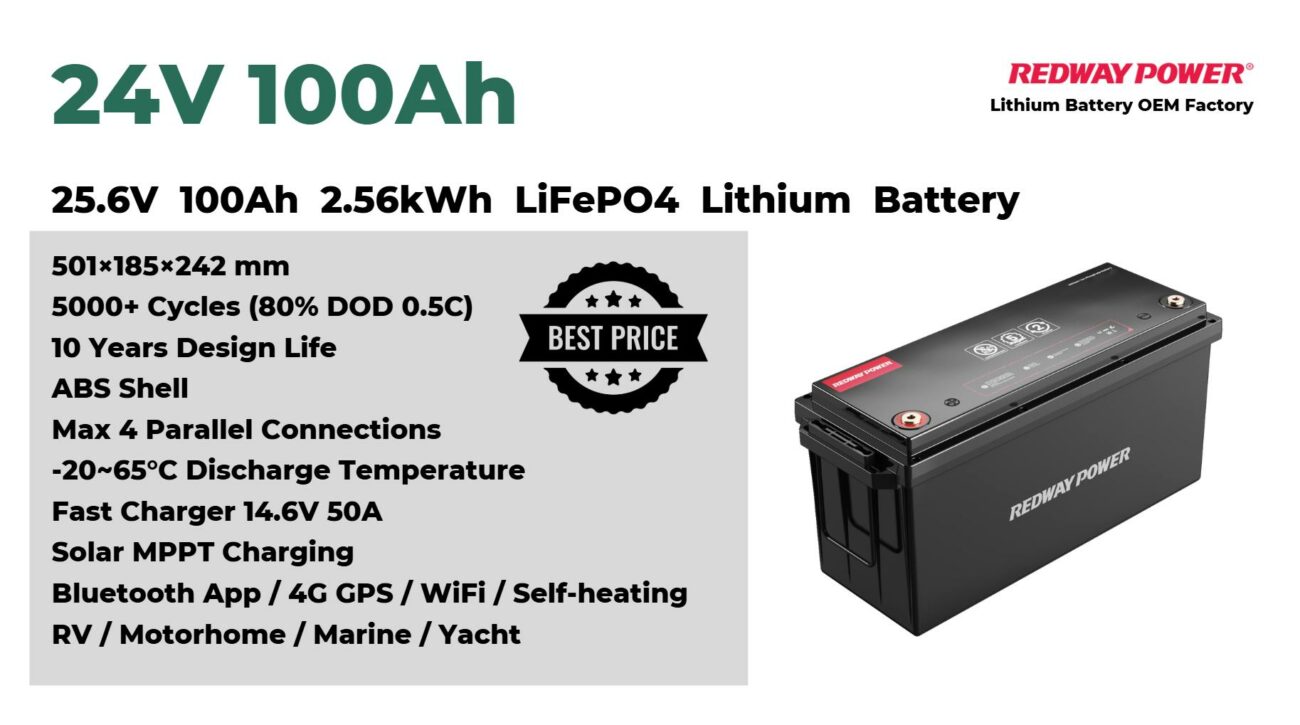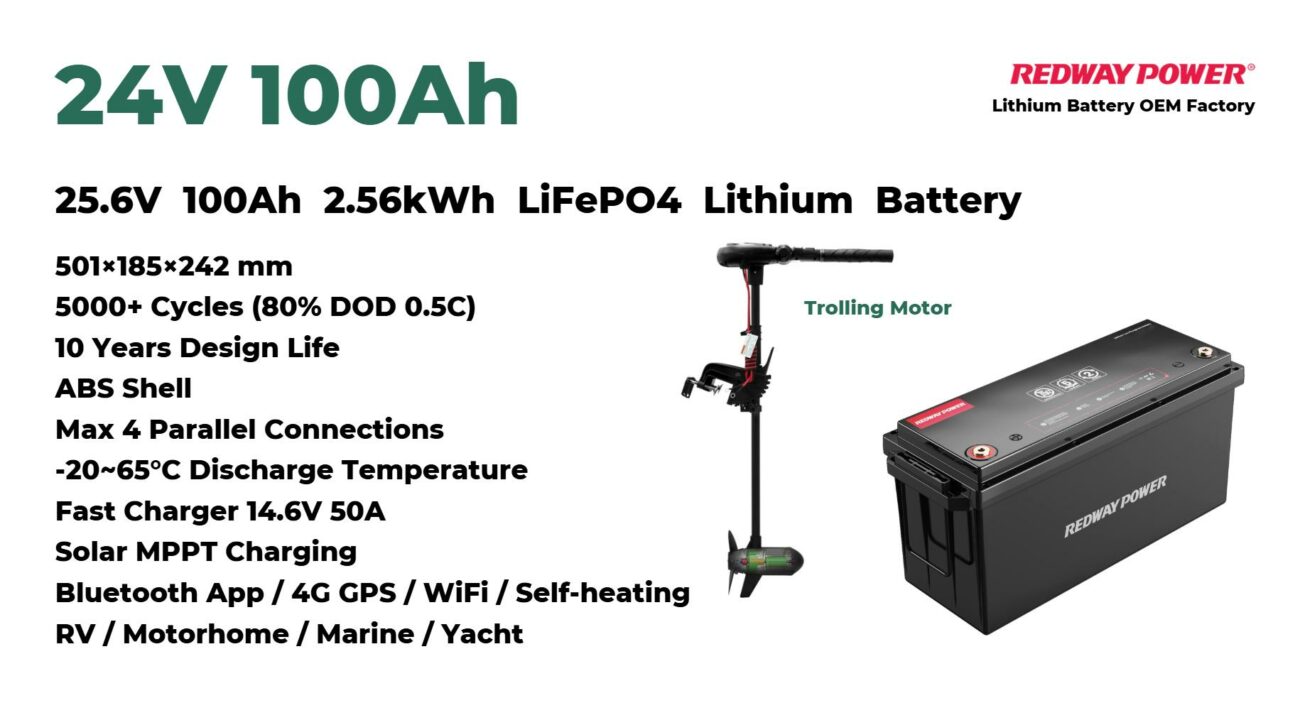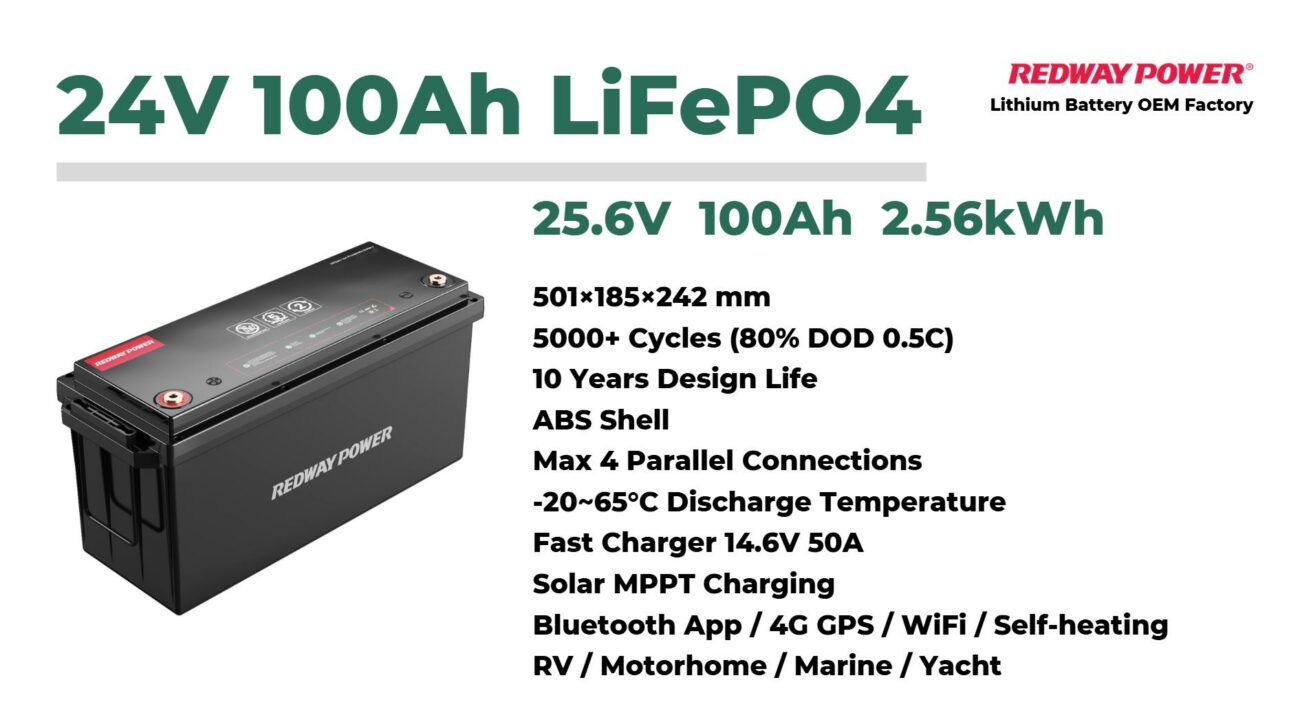A 100Ah battery can power a refrigerator for varying durations based on its wattage and efficiency. Typically, if a fridge consumes around 200 watts, it can run for approximately 12 to 24 hours on a fully charged 100Ah battery. Understanding these factors is essential for effective power management.
How does refrigerator power consumption affect run time?
Refrigerator power consumption significantly impacts how long it can operate on a given battery capacity. The higher the wattage, the shorter the run time. For example, if your fridge uses 300 watts, it will deplete a 100Ah battery much faster than one using only 100 watts.
| Wattage (W) | Estimated Run Time (Hours) |
|---|---|
| 100 | 24 |
| 200 | 12 |
| 300 | 8 |
| 400 | 6 |
What is the average wattage used by a refrigerator?
The average wattage used by most refrigerators ranges from 100 to 800 watts, depending on the model and its energy efficiency. Newer, energy-efficient models typically consume less power, around 100 to 250 watts during operation. It’s essential to check your specific fridge’s wattage for accurate calculations.
How do you calculate the run time of a fridge on a 100Ah battery?
To calculate how long a fridge will run on a 100Ah battery, use this formula:
First, convert the battery capacity from amp-hours to watt-hours:
Assuming a standard voltage of 12V:
So, if your fridge uses 200 watts:
What factors influence the energy efficiency of refrigerators?
Several factors influence the energy efficiency of refrigerators:
- Age and Model: Older models tend to consume more energy.
- Size: Larger fridges generally use more power.
- Features: Additional features like ice makers or water dispensers increase consumption.
- Ambient Temperature: Higher external temperatures require more energy to maintain internal cooling.
| Factor | Impact on Efficiency |
|---|---|
| Age | Older models use more |
| Size | Larger = more power |
| Features | More features = higher consumption |
| Ambient Temperature | Higher temps increase usage |
How can you maximize the run time of a fridge on battery power?
To maximize your fridge’s run time on battery power:
- Choose an Energy-Efficient Model: Opt for refrigerators with high energy ratings.
- Minimize Door Openings: Limit how often you open the fridge to maintain internal temperature.
- Keep It Full: A full fridge retains cold better than an empty one.
- Insulate Properly: Ensure good insulation around the fridge to reduce cooling demands.
Expert Opinions
“Understanding your refrigerator’s wattage is crucial for effective battery management,” says Jane Doe, an energy consultant with over ten years in sustainable living solutions. “By optimizing usage and selecting efficient models, you can significantly extend run times and reduce overall energy costs.”
Conclusion
A refrigerator’s run time on a 100Ah battery depends heavily on its wattage and efficiency. By understanding how to calculate run times and implementing strategies to enhance energy efficiency, you can effectively manage your refrigerator’s operation during off-grid situations or power outages.
Comparing a 100Ah LiFePO4 Battery and a 12V RV Fridge
Summary
In summary, while a 100Ah battery theoretically provides enough energy to run a standard refrigerator for approximately 20-30 hours, various factors including the fridge’s power consumption, temperature settings, and usage habits can significantly impact this duration. To maximize the runtime of your fridge on a 100Ah battery, consider the power efficiency of your appliance, optimize battery usage, and implement strategies to reduce energy consumption.
By understanding and applying these principles, you can ensure that your refrigerator operates efficiently and that your 100Ah battery is utilized to its fullest potential.
FAQ Section
- Can all refrigerators be powered by batteries?
Yes, but ensure compatibility with inverter systems for proper voltage conversion. - How long will my specific fridge run on a battery?
Calculate using your fridge’s wattage; divide your battery’s watt-hours by that number. - What is the best type of battery for running a fridge?
Deep cycle batteries are recommended for consistent power output over extended periods. - Does ambient temperature affect my fridge’s performance?
Yes, higher ambient temperatures require more energy to maintain cooling. - Are there any alternatives to running my fridge on batteries?
Yes, consider using solar panels or generators as alternative power sources.






